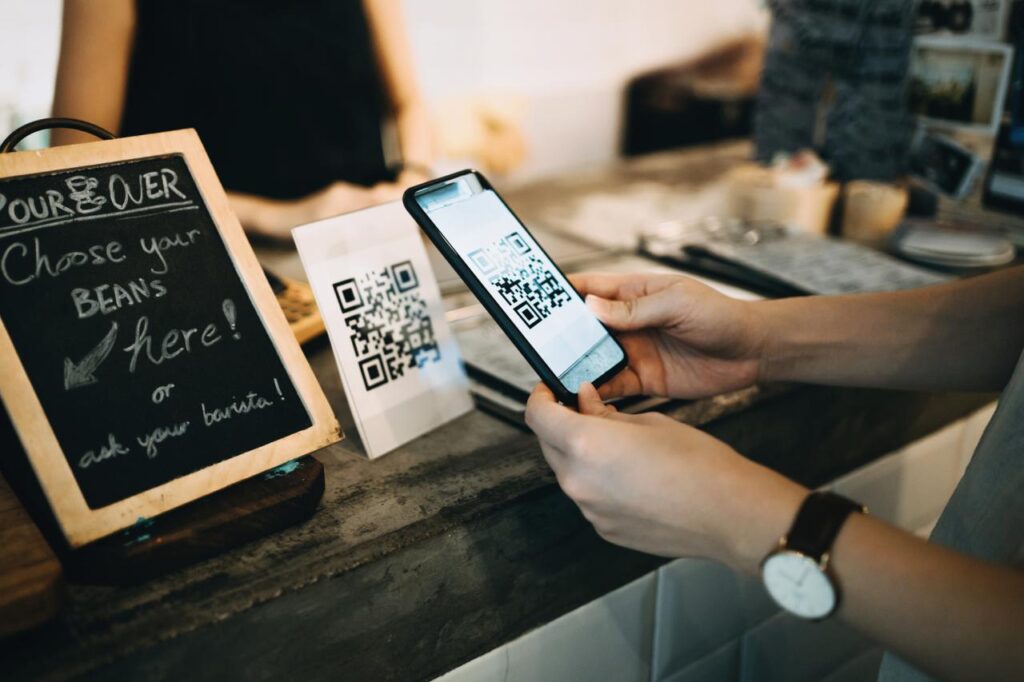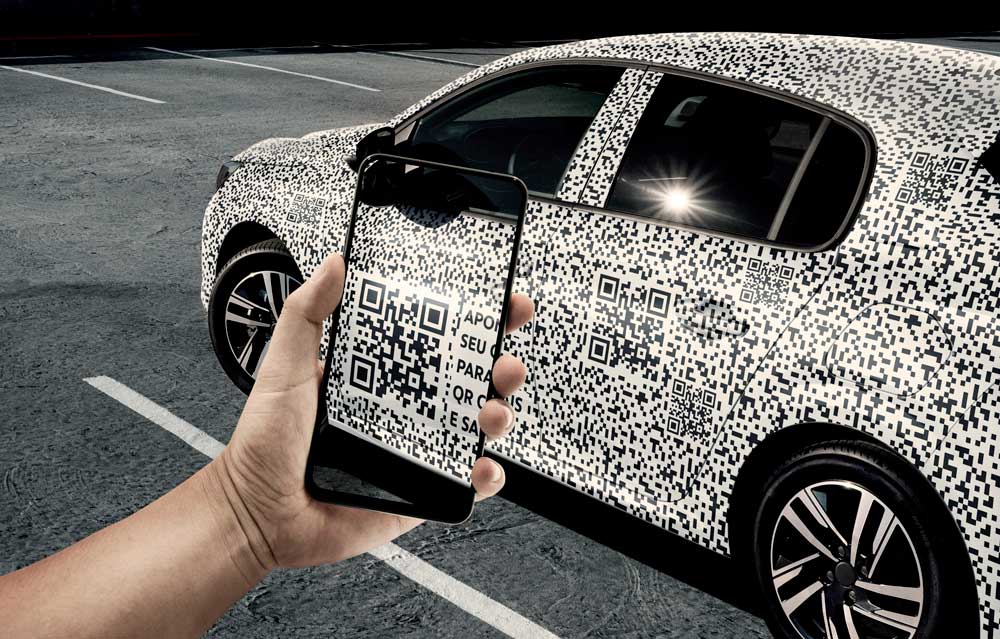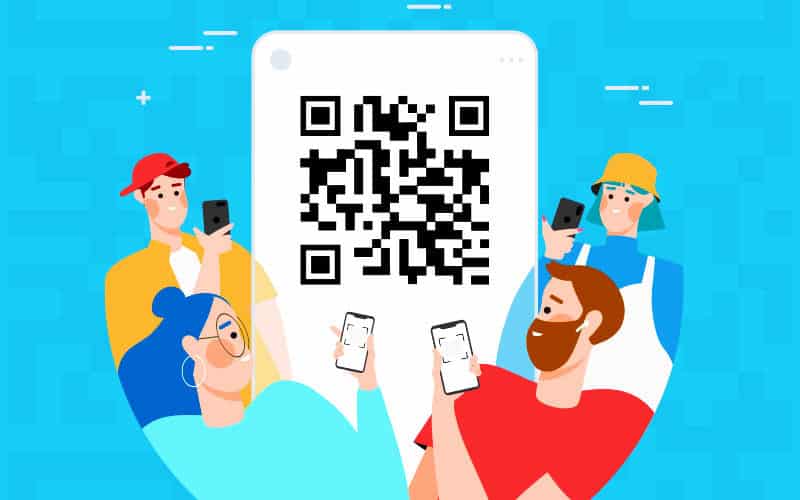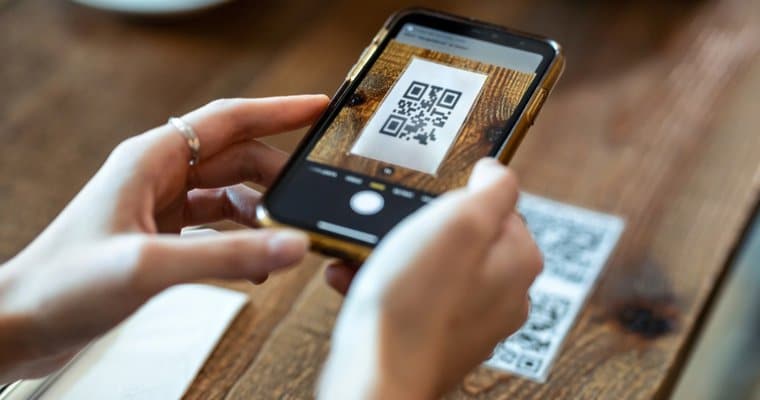When I first saw a QR code, I thought it was a joke. The year was 2010, and the code appeared on a film poster in the lower right-hand corner. The only way to scan it was to install an application for my iPhone. I had to lean over for 15 seconds scanning and then rescanning before the program finally functioned. I was shocked to see a shoddy browser load up, presenting me with the film’s webpage.
My reaction to this was to think it was the most ridiculous thing I had ever seen. It possessed the distinct smell of Rube Goldberg that billows off any technology that is too complex for its own benefit.
Not a New Term
Although QR code technology is relatively new, a Toyota subsidiary first used it in 1994 to monitor automobile components as they moved through the manufacturing process. QR codes have been put to excellent use in this case! It’s difficult to keep track of industrial components. The marketing team got its mitts on the innovation when the subsidiary decided to make it an open standard that anybody may use.
In order to spare consumers the agony of punching in a web address like a swarm of apes, they reasoned that plastering QR codes all over their advertising and marketing materials would be the epitome of cyberculture. Just imagine the shareholder conference: The millennial kids will adore it!
It was a flop with the Millennial generation. It didn’t go down well with anybody. Even though QR codes quickly spread across the marketing industry, just around one-fifth of all Americans had ever utilized one by 2011. Qr code seems to be a Silicon Valley distraction technique: developing an application that is only for the sake of technology and doesn’t solve any real-world problems.
The Pandemic Gave It a Push
Because of the outbreak, people were afraid to touch other people or objects in public places for the first time in recorded history. As early as the first few months, everybody was concerned about “germs” and picking up the coronavirus from contaminated objects. Although we understand now that this isn’t how individuals really get COVID-19, the CDC insisted that we remain very vigilant for months. The last thing you wanted from a server at a cafe was to be handed a menu. Not to mention, Forms were a no-no in the doctor’s office. None of us wanted to deal with cash.
For the first time, the QR code was genuinely valuable. You might access a hotel’s menu by scanning a QR code. The same is true for medical centers and types of admission. It was then that companies and individuals began exchanging QR codes for payments via PayPal or Venmo.
Moreover, the innovation behind QR codes has gotten considerably more user-friendly in the ensuing year. Apple incorporated QR reading into its os in 2017 so that simply taking a picture of a QR code will display it in Browser. On Android, the same thing happened. QR codes became a lot less of a headache when you no longer had to install an application for them. Even in poor light, the codes were frequently read precisely the first time around, thanks to enhanced sensors and image recognition.




